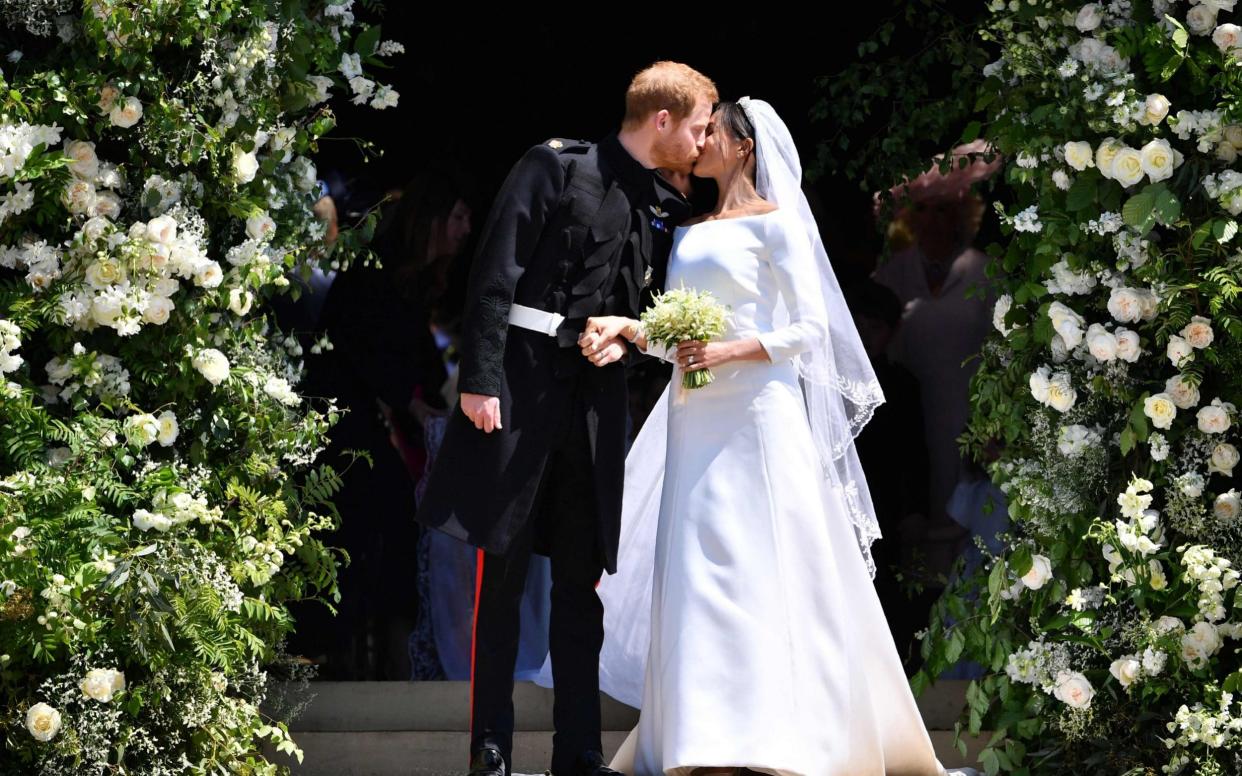Why marriage makes you stronger...quite literally

Growing old together in a happy marriage makes couples stronger...quite literally, a new study has shown.
Men and women over 60 were found to be more physically capable than their unmarried, widowed or cohabiting peers, according to University College London.
On average, British men who were in their first marriage had a 0.73 kg stronger grip than men who were widowed or never married respectively.
In England married men walked 3.1 inches (8 cm) per second faster than widowers and 4.3 inches (11 cm) faster than singletons, a sign of good health. Married women also walked up to 3.1 inches quicker than singles.
“We know from previous research that married people live longer and report better physical and mental health, but there is limited evidence on the association between marriage and physical capability,” explained lead author, Dr Natasha Wood (UCL Institute of Education).
“Much of the advantage that married people have is because they are, on average, wealthier than those who are not married and greater wealth has been linked with better physical capability.”
The study, published today in PLOS One journal, analysed data from over 20,000 people from England and the United States from the English Longitudinal Study of Ageing (ELSA) in 2008 and the US Health and Retirement Study (HRS) in 2006 and 2008.
Researchers used two measures of physical capability in adults aged 60 years and older. These measures - walking speed and grip strength - are good indicators of people's current independence in everyday activities and also of their future needs for social care and risk of mortality.
People who have a weaker grip strength would have more difficulty opening a jar, whilst those with a slower walking speed would have difficulty crossing a pedestrian crossing in time at the green man.
The majority of these differences disappeared once the researchers had accounted for wealth suggesting that the combining of finances had a protective impact on health.
Dr Wood added: “Given more people are entering older ages having never married, or having made a transition out of marriage, either through divorce or widowhood, these results could mean that in the future more people can expect to experience more difficulties with everyday activities at older ages.
“The importance of wealth in explaining much of the poorer physical capability among older unmarried people suggests that protecting and improving the financial circumstances of unmarried people may help to ensure they’re on a level playing field with married people in terms of physical capability and independent living in later life."

 Yahoo News
Yahoo News 
